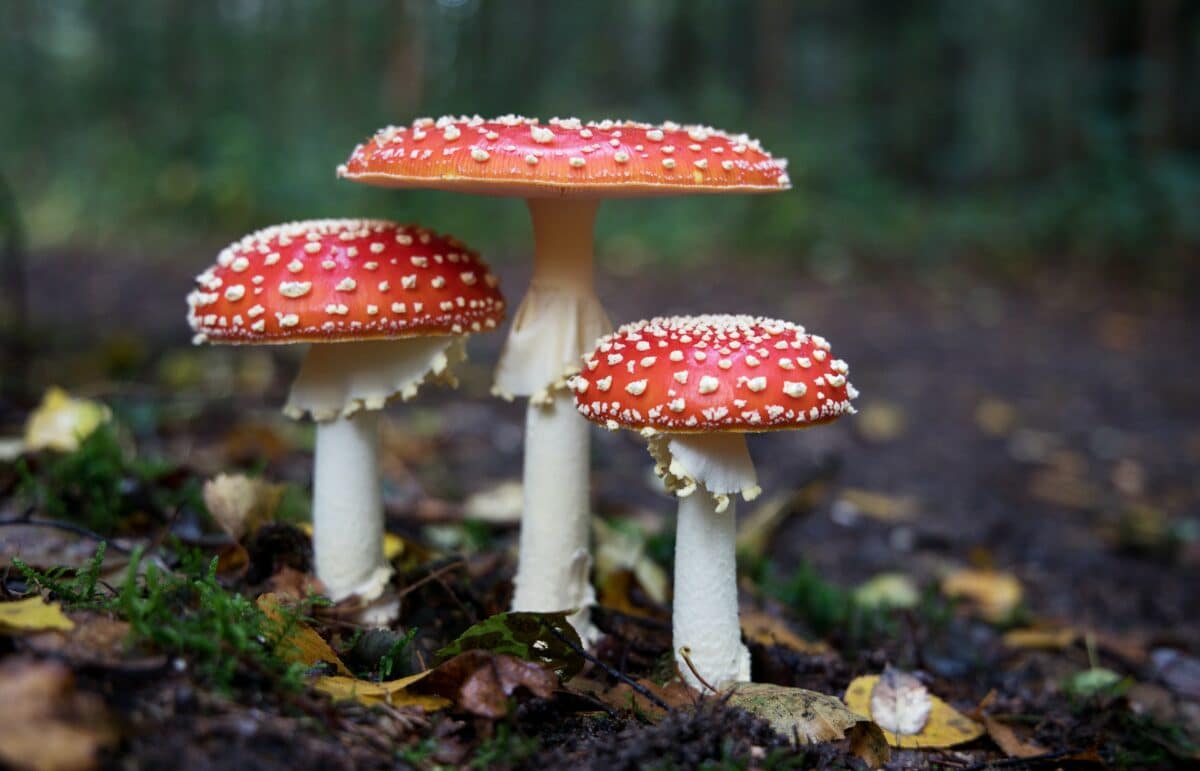We all want the very best for our four-legged besties – let’s find out if dogs can safely eat mushrooms!
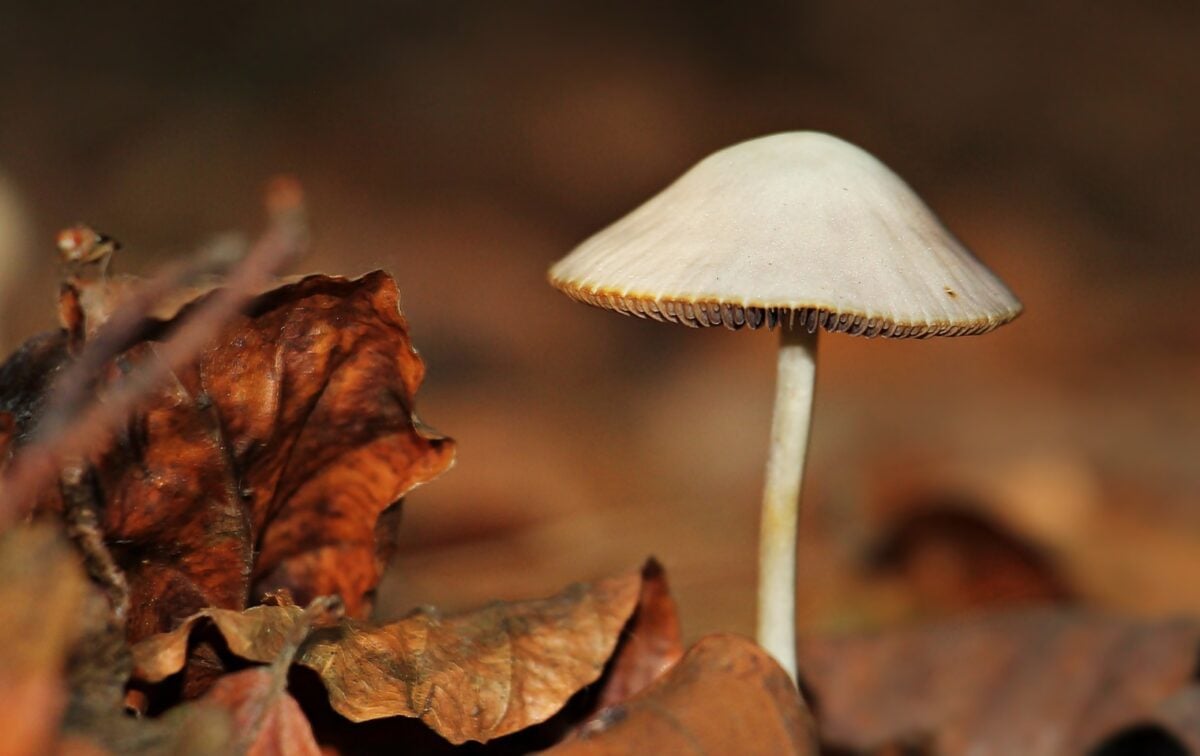
The food group known as mushrooms is a convoluted one. Even though wild mushrooms are present growing in our yards, gardens, and parks, and they are a common ingredient in various meals, there are a surprising number of cautionary tales about the perils of mushroom hunting.
If you’re a proud pet-parent, you’re probably cautious about what you feed your furry companion. Do you know if dogs have the ability to consume mushrooms?
The response to this question is dependent on the type of mushroom. Let’s take a closer look at the safest way to feed your dog mushrooms and what do in case of suspected mushroom poisoning.
Should Dogs Eat Store-Bought Mushrooms?
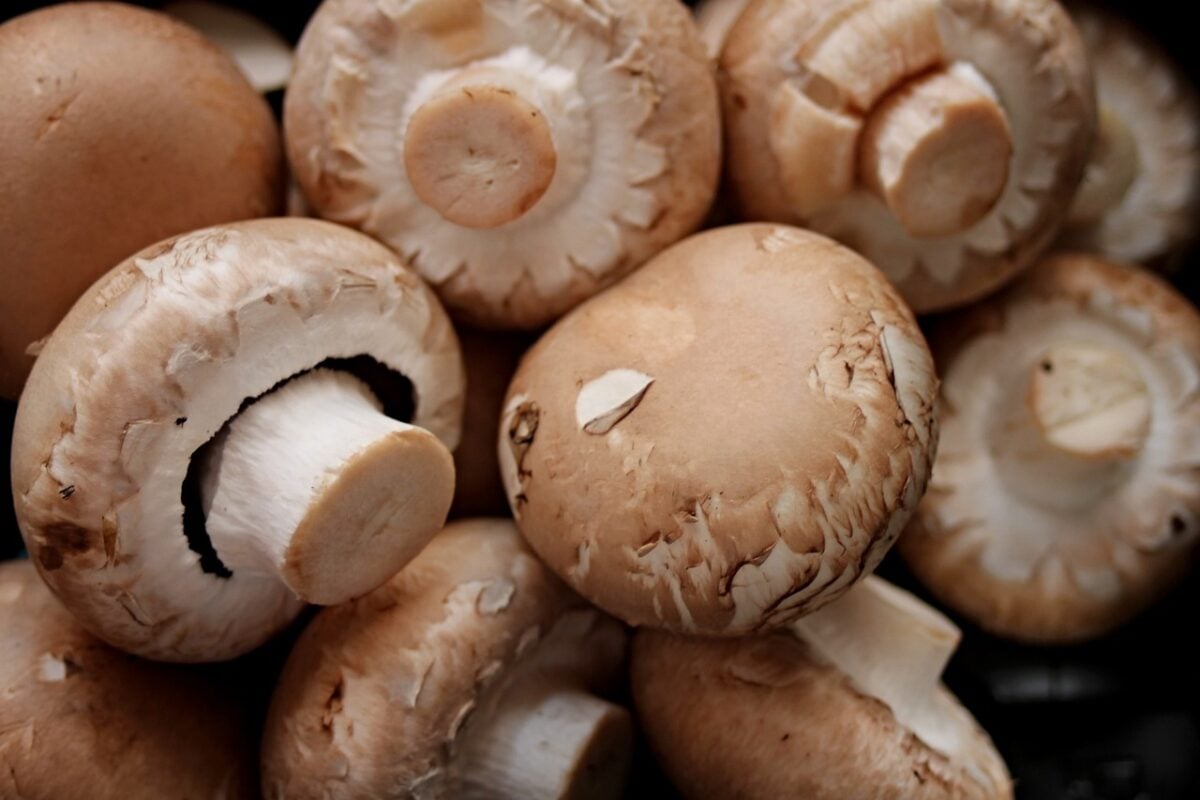
Wild mushrooms can poison both humans and dogs. However, what about mushrooms that can be purchased in a store, such as portobello mushrooms?
It is normally okay for dogs to consume mushrooms sold in large grocery stores or supermarkets. On the other hand, we don’t typically prepare mushrooms on their own. Instead, we like to cover them in tasty sauces, oils, and seasonings, which creates a whole other set of issues for the dogs.
It’s important to keep your dog away from oils, butter, salt, and veggies like garlic and onions. If the mushroom is not being served in its natural state, it is best to refrain from giving your dog any dishes that contain mushrooms. Mushrooms are not an essential part of a dog’s diet; therefore, it is best to avoid any potential illness or digestive problems by rewarding your pet with something else.
Should Dogs Eat Wild Mushrooms?
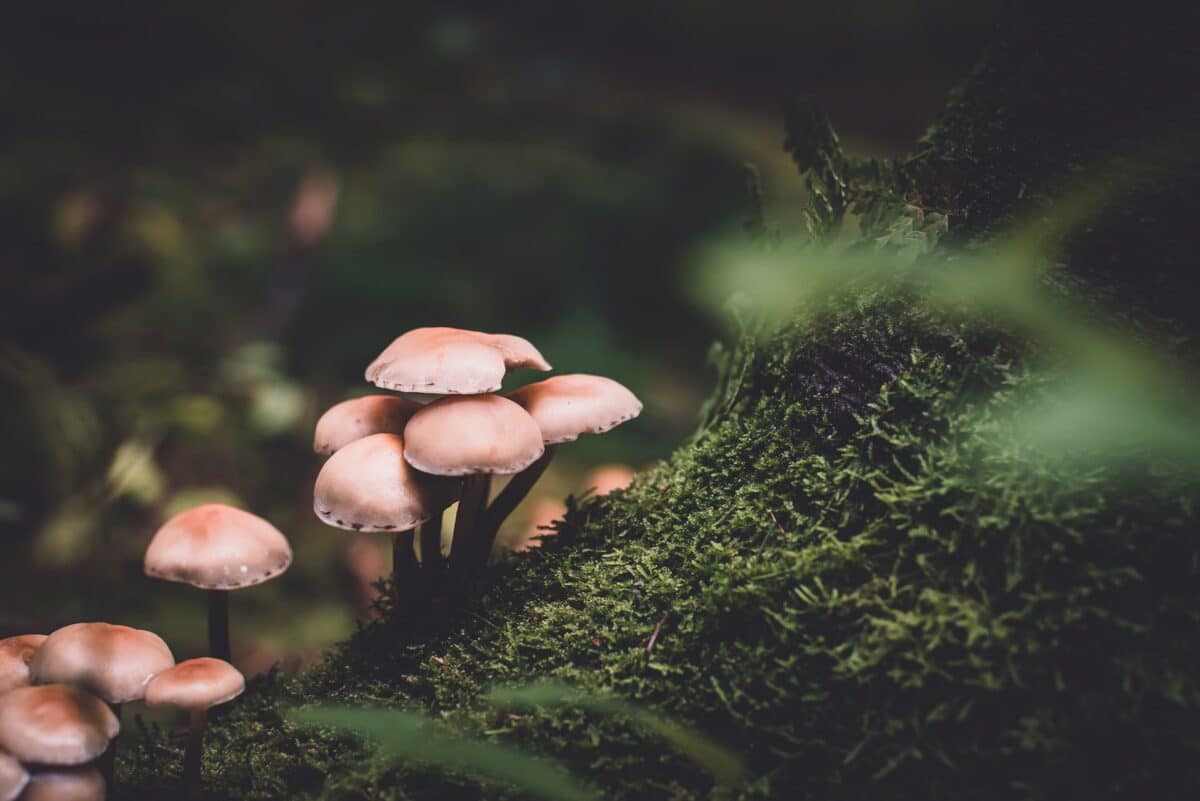
Imagine the following situation. You are out walking your dog through the woods when you see them stop in the middle of the path to munch on something they’ve come across. They were previously sniffing the ground with great enthusiasm. You get down on your knees to investigate and find your dog has eaten a wild mushroom. You may be right to panic.
It’s a misconception that dogs can detect the odor of poisonous mushrooms. According to the opinions of veterinarians and fungi experts, poisoning from wild mushrooms is considered an under-reported cause of lethal poisoning in pets.
Visit your veterinarian, a poison control center for animals, or an urgent veterinary hospital immediately if you think your dog may have eaten a wild mushroom.
Which Kinds of Wild Mushrooms Are Toxic for Your Dog?
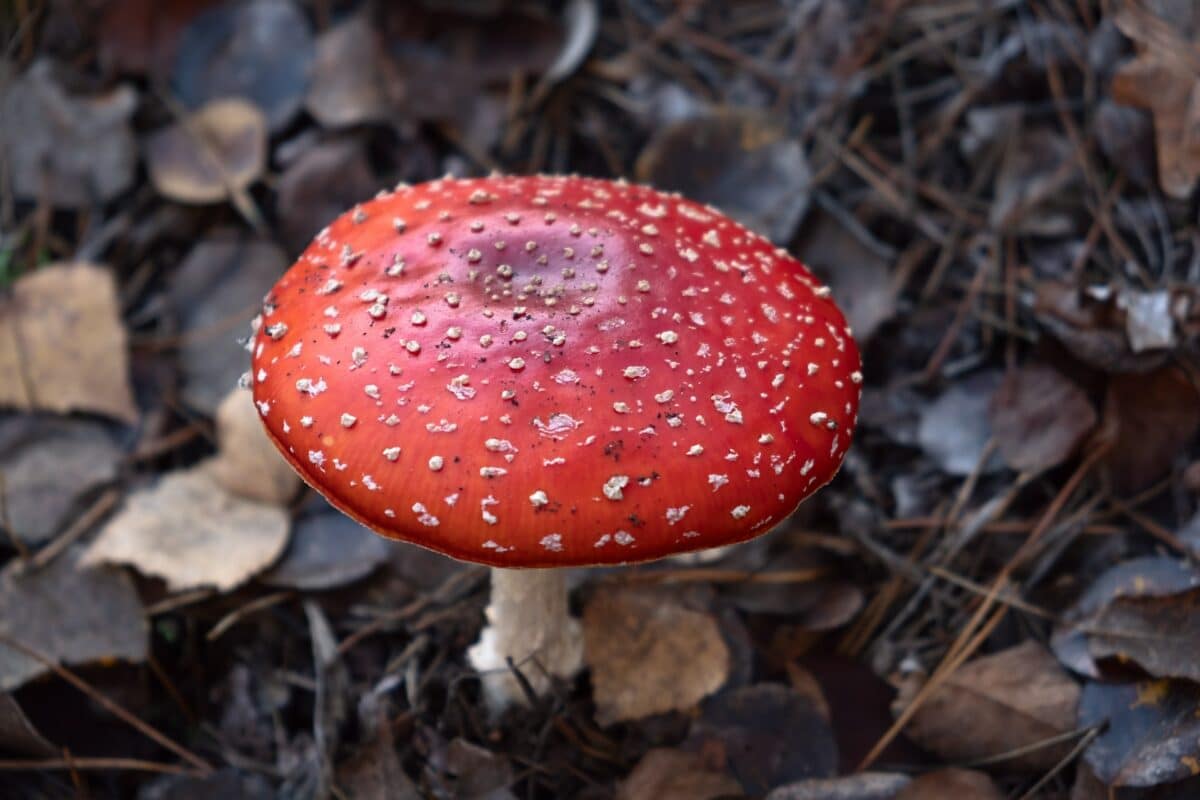
While only a few mushroom species are poisonous, those that are, are highly toxic. To make matters worse, it can often be extremely complicated to differentiate between poisonous and non-poisonous mushrooms. Veterinarians advise that all wild mushrooms should be treated as potentially hazardous and considered an emergency because it is difficult to differentiate between the dangerous and non-toxic types. Rather safe than sorry, especially when it comes to your four-legged best friend.
Dogs use their sense of smell and taste to investigate their surroundings. An inquisitive dog would find a mushroom’s texture particularly interesting. To make matters even worse, some poisonous mushrooms, such as Amanita phalloides (also known as death cap) and Inocybe spp., have stenches similar to fish. It is general knowledge among people who own dogs that canines find scents with a fishy undertone particularly enticing. This may help to explain why dogs so frequently consume species of poisonous mushrooms.
Vets recommend bringing your dog in for treatment, even if you’ve identified the mushroom as non-toxic, because even experienced mushroom foragers can make mistakes.
Nevertheless, there are a few species of wild mushrooms that consistently cause the most trouble:
- Amanita phalloides
- Gyromitra spp.
- Galerina marginata
- Amanita muscaria
- Amanita gemmata
- Inocybe spp.
Signs of Mushroom Poisoning in Dogs
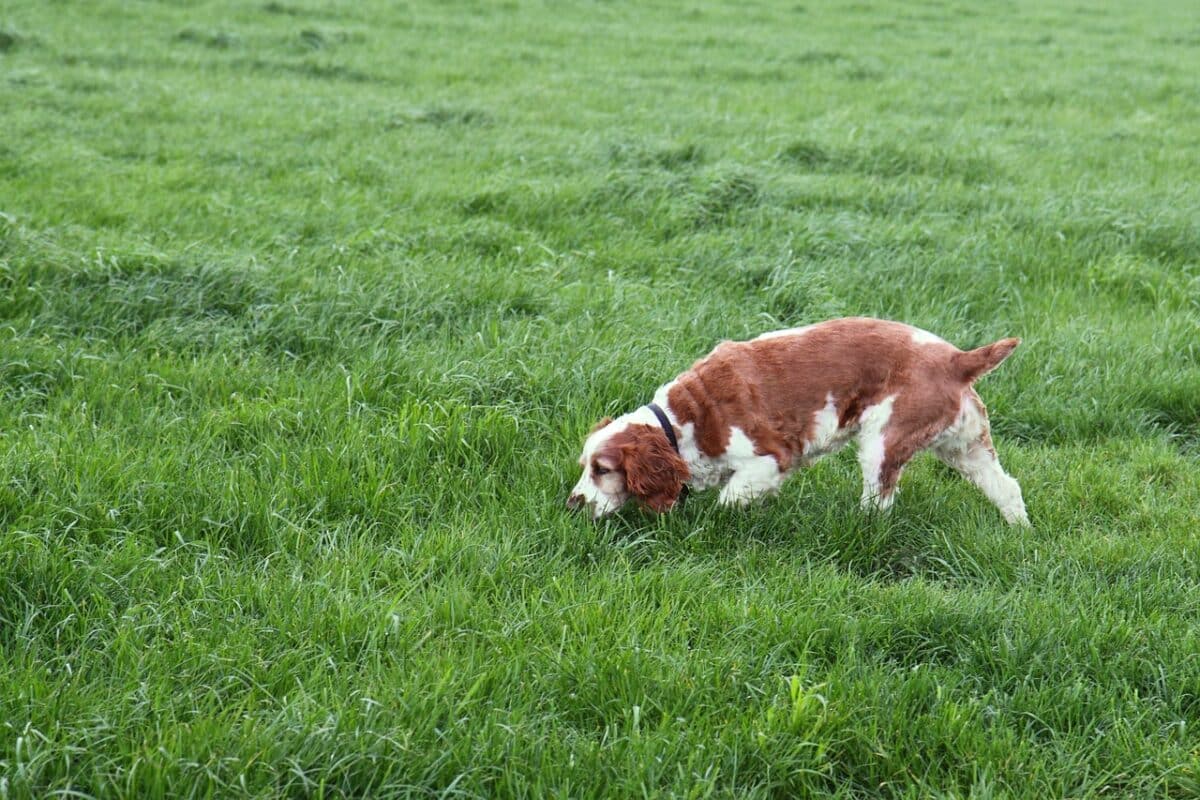
The symptoms may vary depending on the type of mushroom your dog has come across. Dogs might react differently to the poisons found in certain mushrooms.
The amanitin poisons found in Amanita mushrooms are just one example. When ingested by a dog, these lead to life-threatening gastrointestinal distress, a period of apparent improvement, and ultimately acute renal injury, liver failure, and death.
Increased urination, diarrhea, watery eyes, salivation, and neurological symptoms are brought on by Inocybe spp. and Clitocybe dealbata mushrooms.
The fake morel induces diarrhea and vomiting but is usually not lethal, while other Amanita mushrooms cause drowsiness, tremors, walking drunk, and seizures.
However, some mushrooms only cause gastrointestinal distress, and while these effects are usually not fatal, they might be difficult to diagnose in the early stages.
It’s not always easy to tell if a dog has ingested mushrooms. The most typical signs of canine mushroom poisoning include:
- Vomiting
- Lethargy
- Salivation
- Diarrhea
- Weakness
- Coma
- Ataxia (staggering gait)
- Abdominal pain
- Seizures
- Jaundice (yellowing of the eyes)
- Liver failure
The toxicity of mushrooms can be compounded by other factors, such as your dog’s preexisting health conditions or the concoction of other substances they have consumed.
How to Treat Mushroom Poisoning in Dogs?
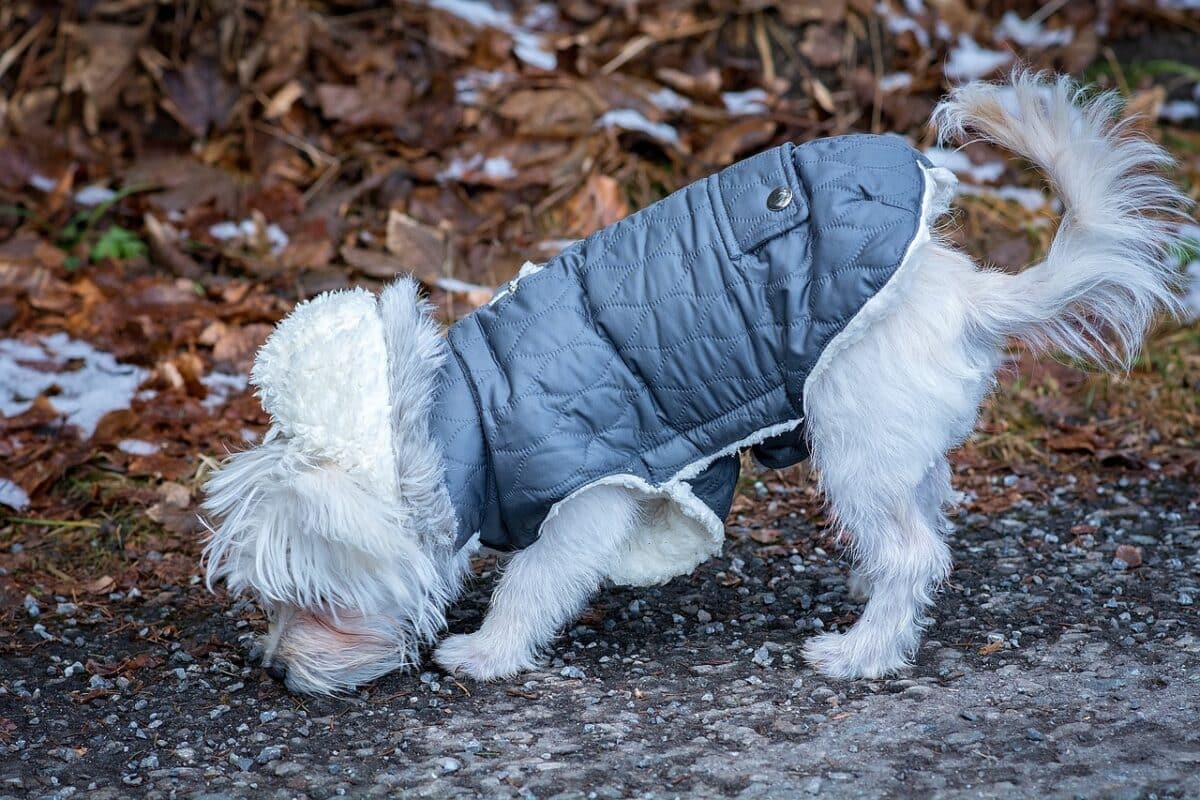
Choices for treating mushroom poisoning in animals are condition-specific and based on factors like the severity of symptoms and the amount of mushroom that was consumed. You should bring a piece of the mushroom to your veterinarian if you are able to get a sample. It’s best to enclose it in a moist paper towel and preserve it in a paper bag.
If the ingestion occurred only recently, your veterinarian might attempt to induce vomiting and, in rare instances, may prescribe medicines to counteract the effects of the poison. Your dog will receive supportive care to make it comfortable and manage its symptoms. In some instances, dogs may enter a non-fatal sleep state resembling a coma and must be monitored until they awaken.
How to Feed Your Dog Mushrooms Safely?
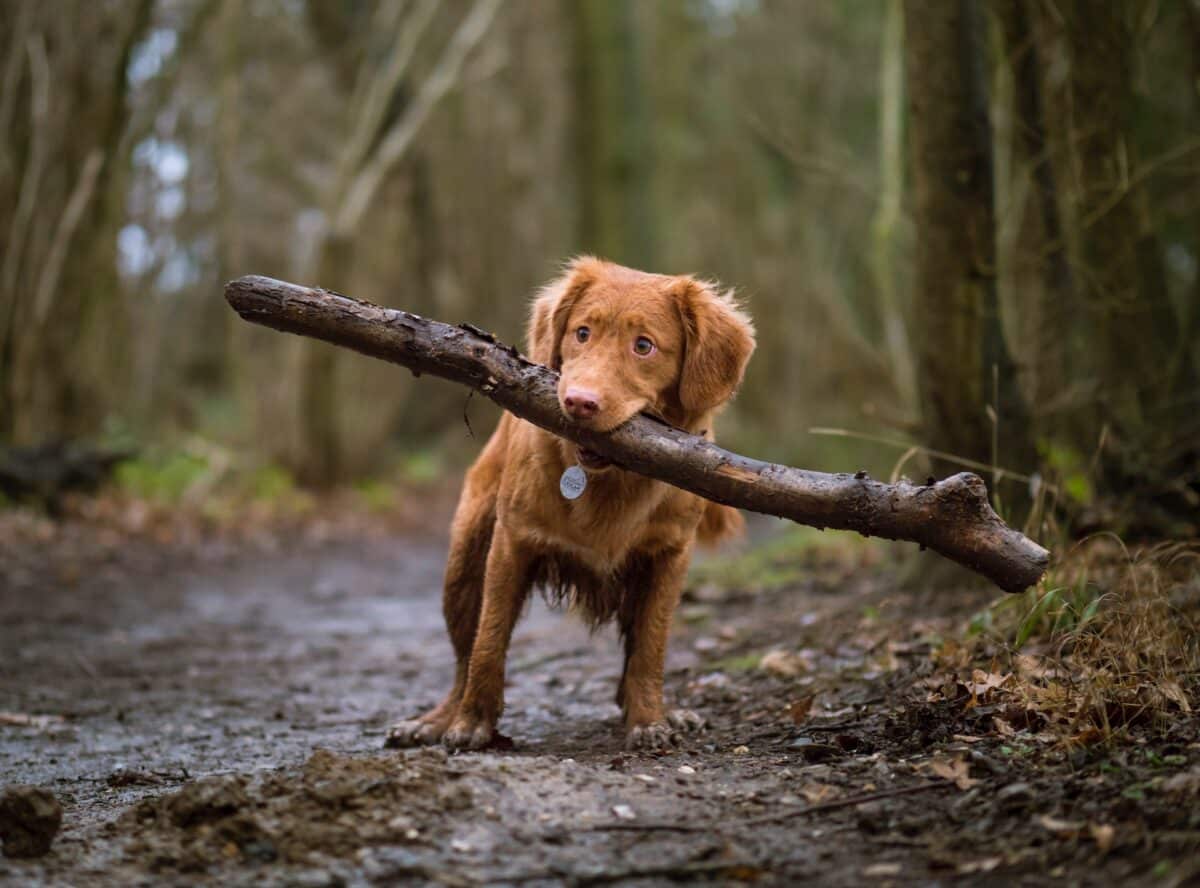
Mushrooms, like any other novel food, should be offered to your dog in small increments to avoid digestive discomfort. Feeding should be increased gradually over a few days and stopped quickly if an illness is detected. If your pet develops an allergy to a new meal, you’ll have a much easier time pinpointing the item causing the allergic reaction if you introduce it one at a time.
In most cases, the nutritional value of mushrooms is maximized when they are consumed either fresh or dried rather than canned or stored. If they are canned or processed in any other way, there’s a high chance they contain lots of preservatives and other substances that are unhealthy for your dog to consume. To avoid your dog experiencing some gas and bloating, cook any fresh mushrooms before giving them to your pet, as dogs do not produce the enzymes required to break down the fiber and some of the sugars contained in mushrooms.
FAQs

No, not all mushrooms are safe for dogs to eat. Wild mushrooms, including those found in yards and parks, can be toxic and should not be eaten by dogs. Store-bought mushrooms, such as white button mushrooms, are generally considered safe for dogs but should be given in moderation.
Depending on the type of mushroom, it could make your dog sick. If it’s a poisonous mushroom, it could lead to death if your dog doesn’t receive medical attention and treatment. Although store-bought mushrooms aren’t poisonous, your dog could potentially react badly if they have a mushroom allergy.
It is generally recommended to feed your dog mushrooms cooked rather than raw. Raw mushrooms can contain bacteria and toxins that can be dangerous for your dog. Cooked mushrooms are safer and can be added to your dog’s food as an occasional treat – but remember not to add spice and seasonings.
Conclusion
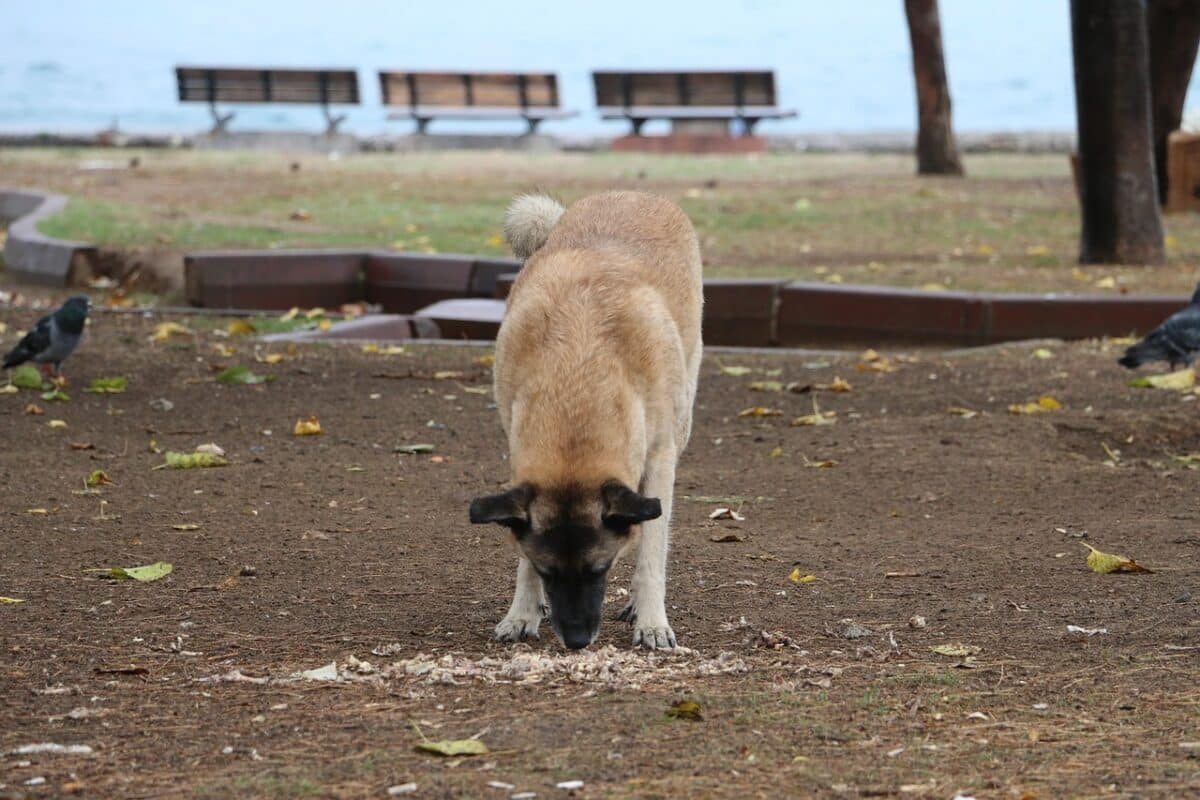
Dogs can safely consume a wide variety of mushrooms if they are store-bought. However, ingesting the hazardous ones can cause serious health problems. It is advisable to urgently seek veterinary attention if you fear your dog has been poisoned by mushrooms.
To ensure your pet is safe, treat all wild mushrooms as poisonous. Keep your pets away from any wild mushrooms you find and harvest them carefully if possible.
Thank you for reading this article! There are many other foods that could be potentially harmful to your pets. To ensure to safety of your dog keep learning by reading our articles: Can Dogs Eat Cheese, or Can Dogs Eat Peanuts.
- The Most Adorable Footage of Baby Wolves in Minnesota - April 15, 2024
- Man Teaches Bald Eagle to Play Fetch - April 15, 2024
- Mother Buffalo Tries to Save Baby From Komodo Dragons - April 14, 2024

